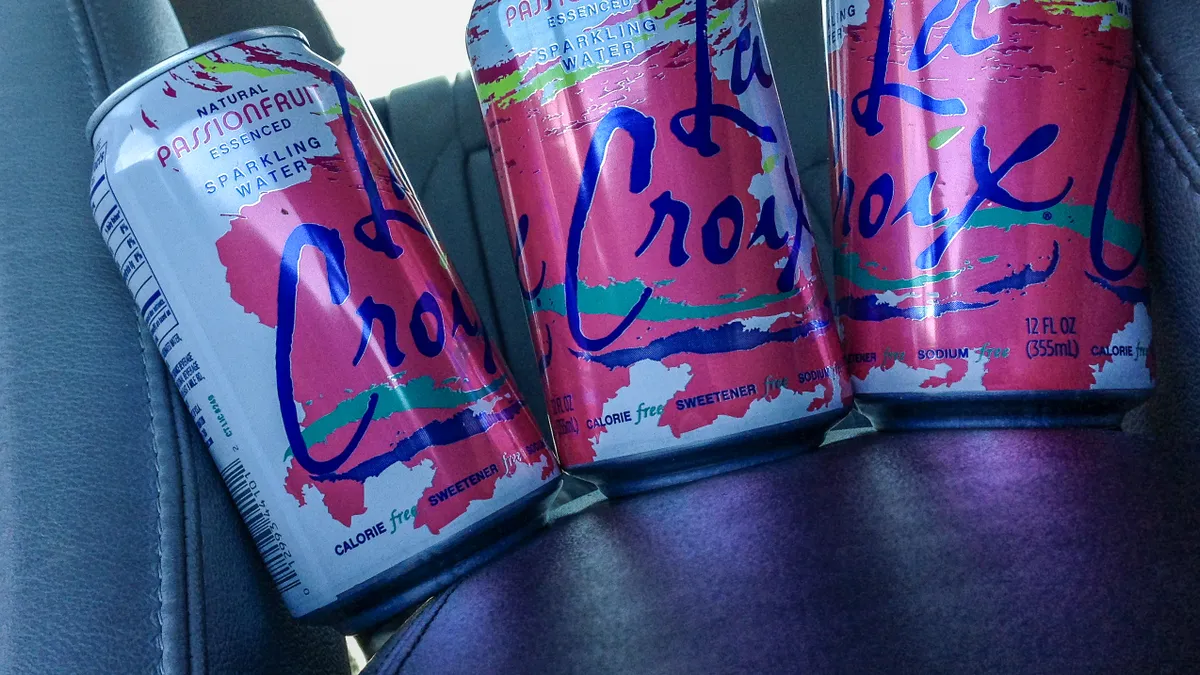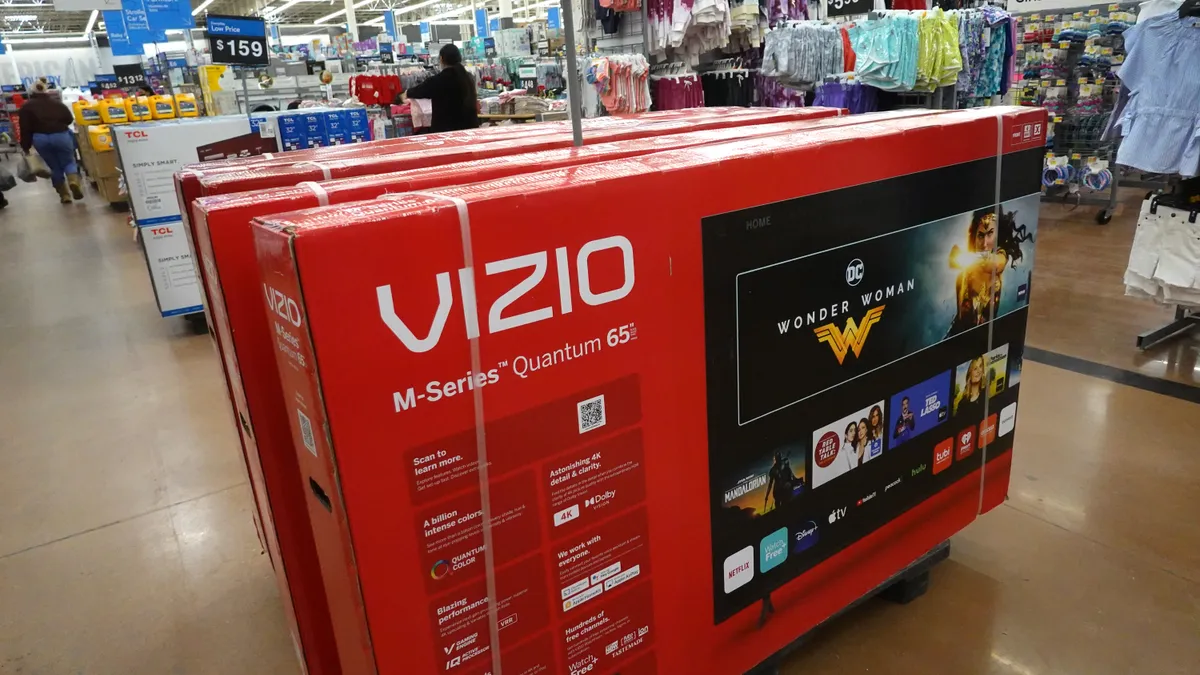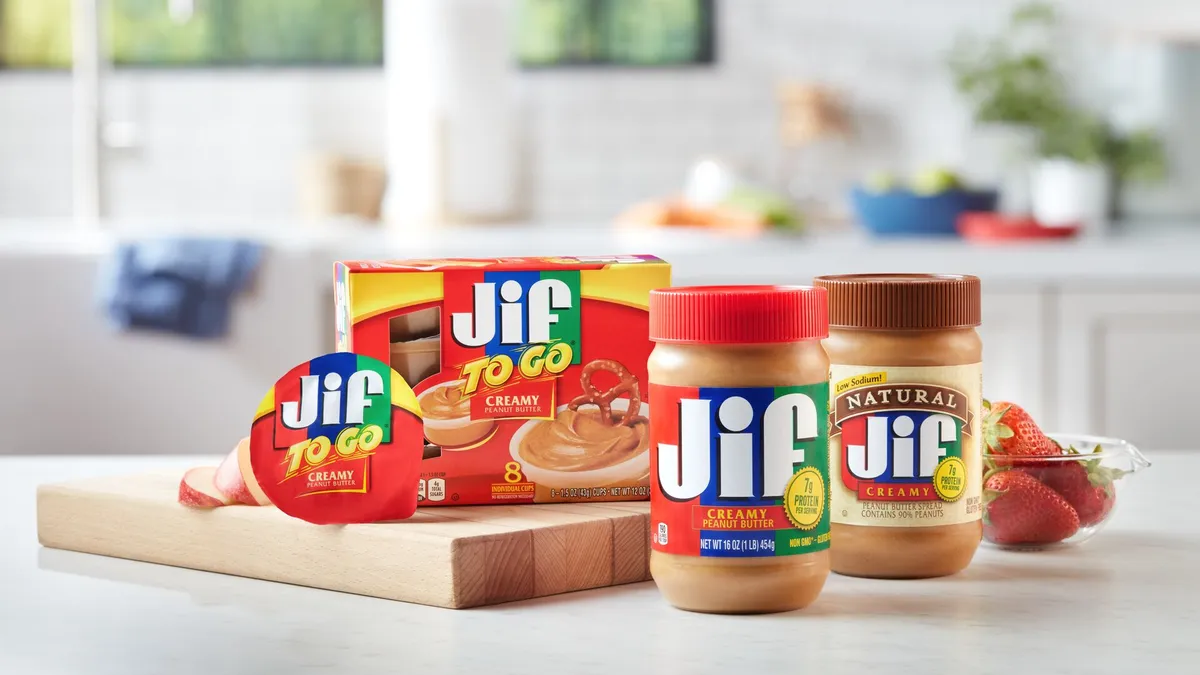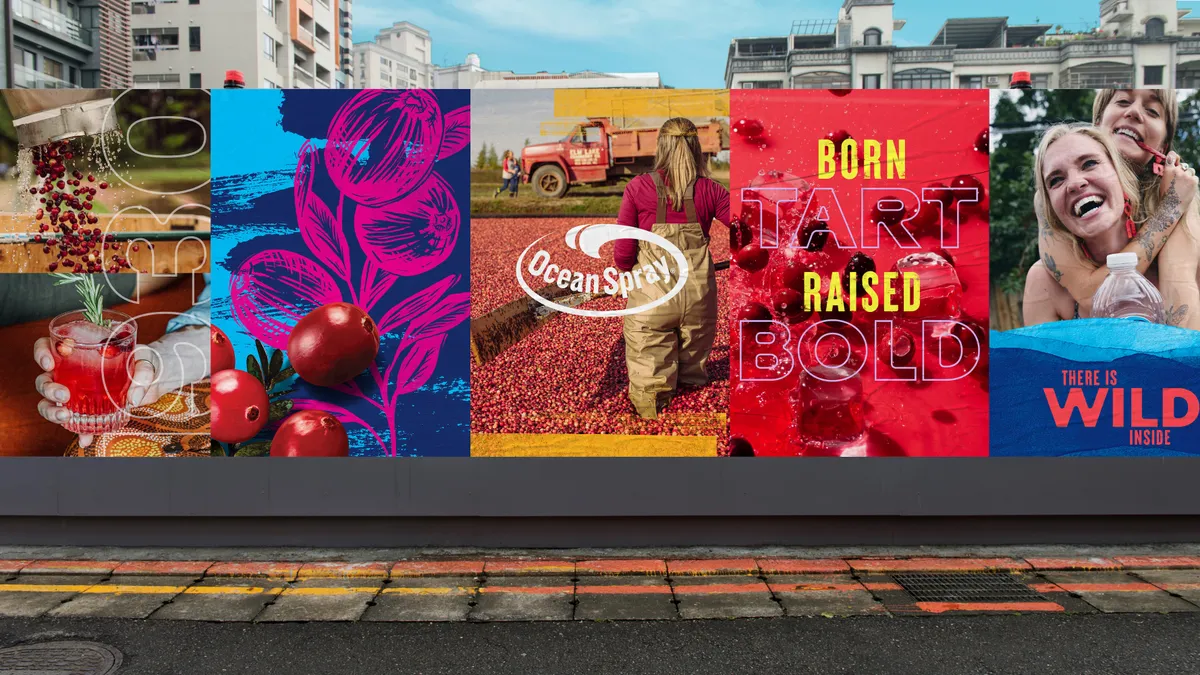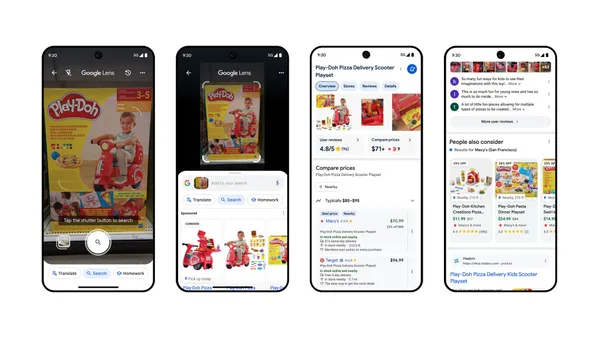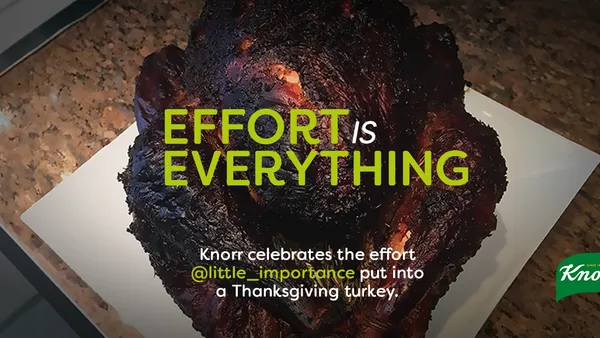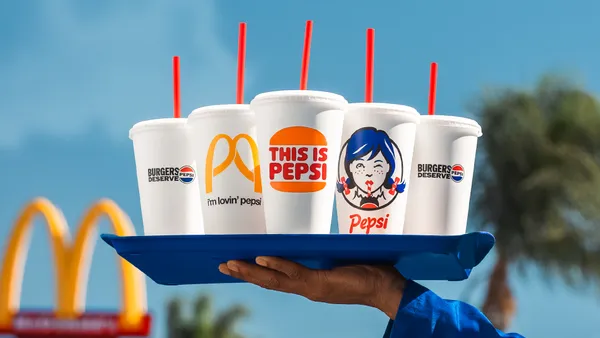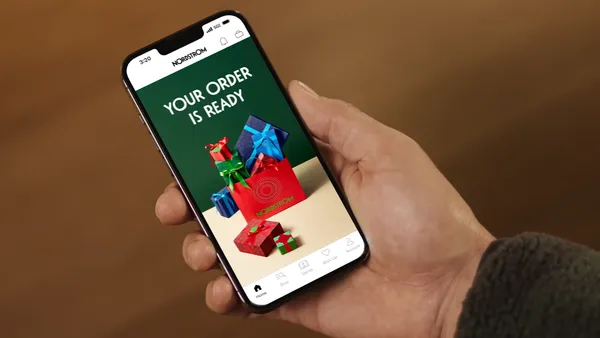Dive Brief:
- As sparkling water experiences a boom as a healthier alternative to soda, National Beverage's La Croix brand has seen a net sales increase from $646 million in 2015 to $827 million in its most recent fiscal year, with profits rising from $49.3 million to $107 million over the same period, according to a report in Fortune. A key ingredient to the fizzy drink's success is its digital marketing strategy, with an eye toward a millennial audience, Fortune said.
- For a more modern approach to promoting La Croix, which has been around for over 30 years, National Beverage puts a heavy emphasis on Instagram micro-influencers — social media personalities defined as having less than 100,000 followers and sometimes just a few hundred, meaning they command lower rates than top-tier influencers and celebrity ambassadors. The brand's micro-influencer network, described by Fortune as "vast," shares hashtags, recipes and brand experiences online, with efforts considerably boosted by La Croix's Insta-friendly pastel packaging.
- Fortune contrasted La Croix's strategy with competitors like Perrier and Poland Springs, which are more often turning to traditional advertising campaigns to tap into the current craze around sparkling water.
Dive Insight:
Brands are eager to build long-term loyalty with young age groups like millennials and Gen Z, but those same demographics are often cited as having an aversion to traditional brand advertising. La Croix's level of success — Fortune noted that, beyond skyrocketing sales, the brand's served as the inspiration for everything from Halloween costumes to pop art — underscores how leveraging newer digital marketing tactics like micro-influencers can communicate a deeper level of authenticity to connect with consumers.
La Croix isn't alone in eyeing more influencer marketing to shake up its engagement. Earlier this month, Perrier rolled out a social media-focused pop-up experience in New York City's SoHo neighborhood that featured influencers, along with what was described as an "Insta-worthy" ball pit.
Influencer marketing is quickly maturing as more brands like La Croix adopt it as a go-to form of social outreach. Research from Bloglovin' released earlier this year found that 32% of surveyed marketing professionals view influencers as essential to their strategy, with 41% saying that they have seen more success with influencer marketing campaigns when comparing them to more traditional advertising efforts. That's not to say that influencer marketing is without its flaws.
Digiday reported earlier this week that influencers on Instagram game the platform's algorithm by grouping together in comment pods that can artificially inflate engagement numbers.


